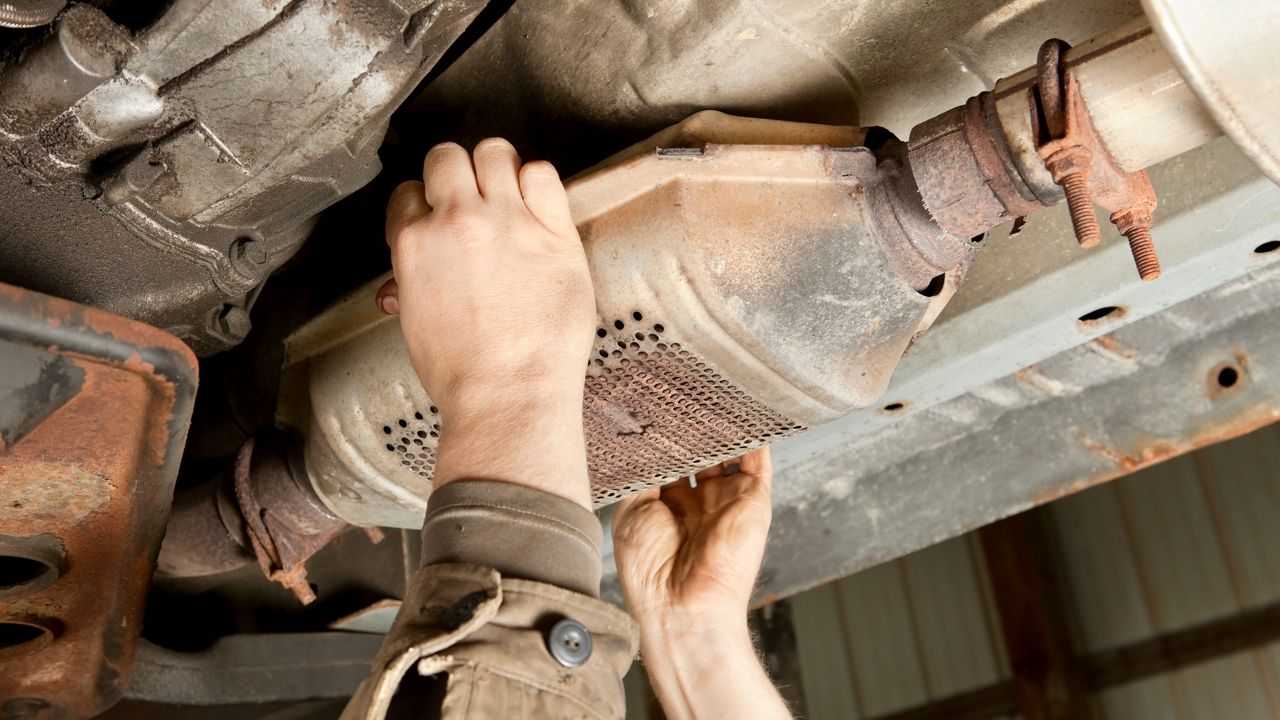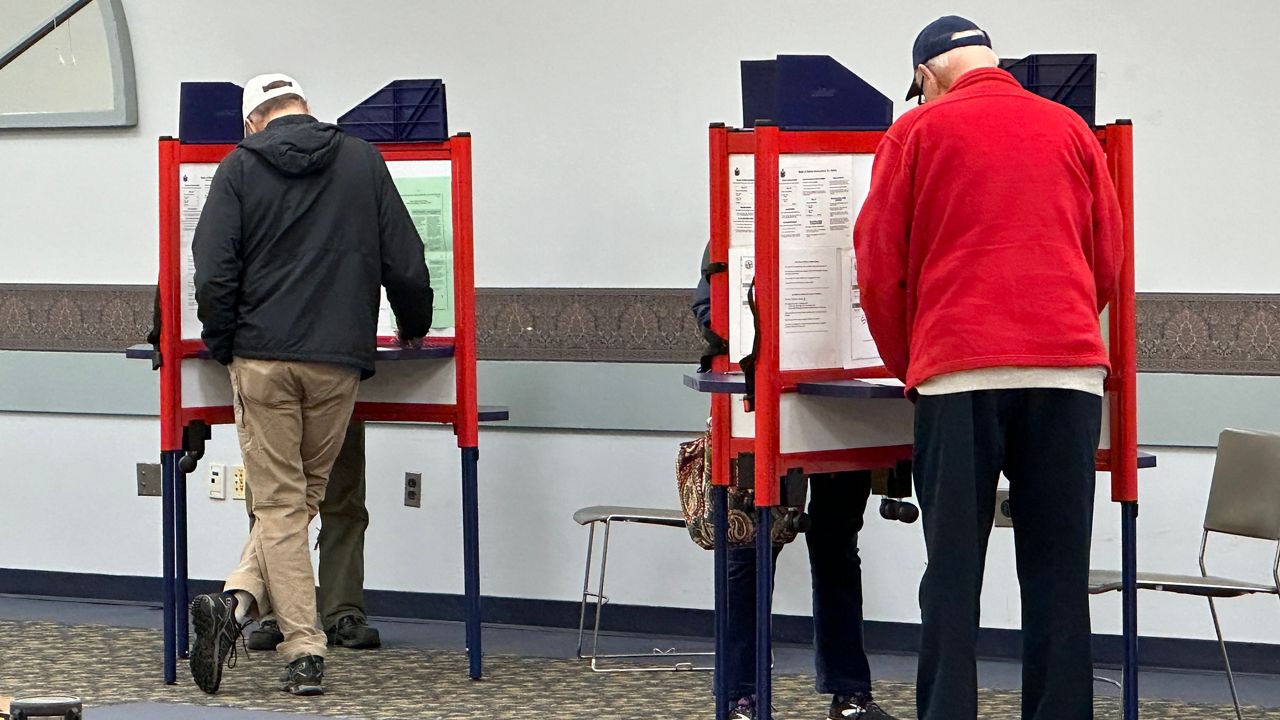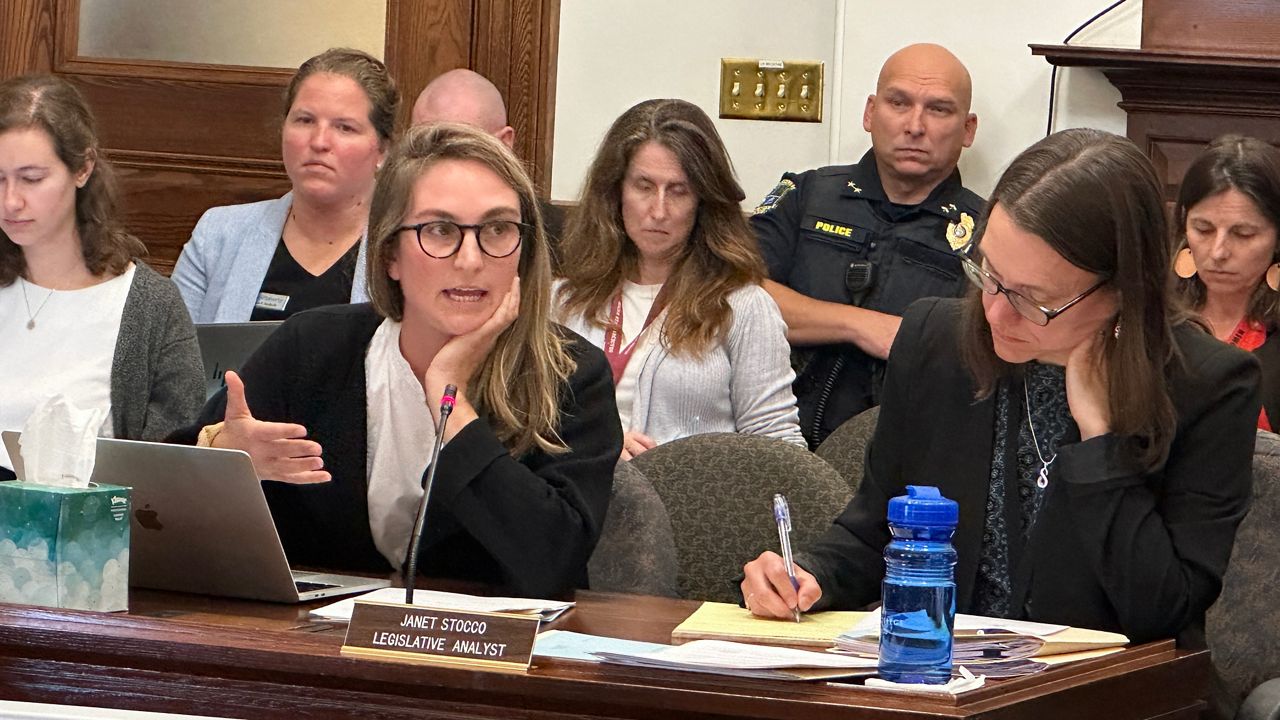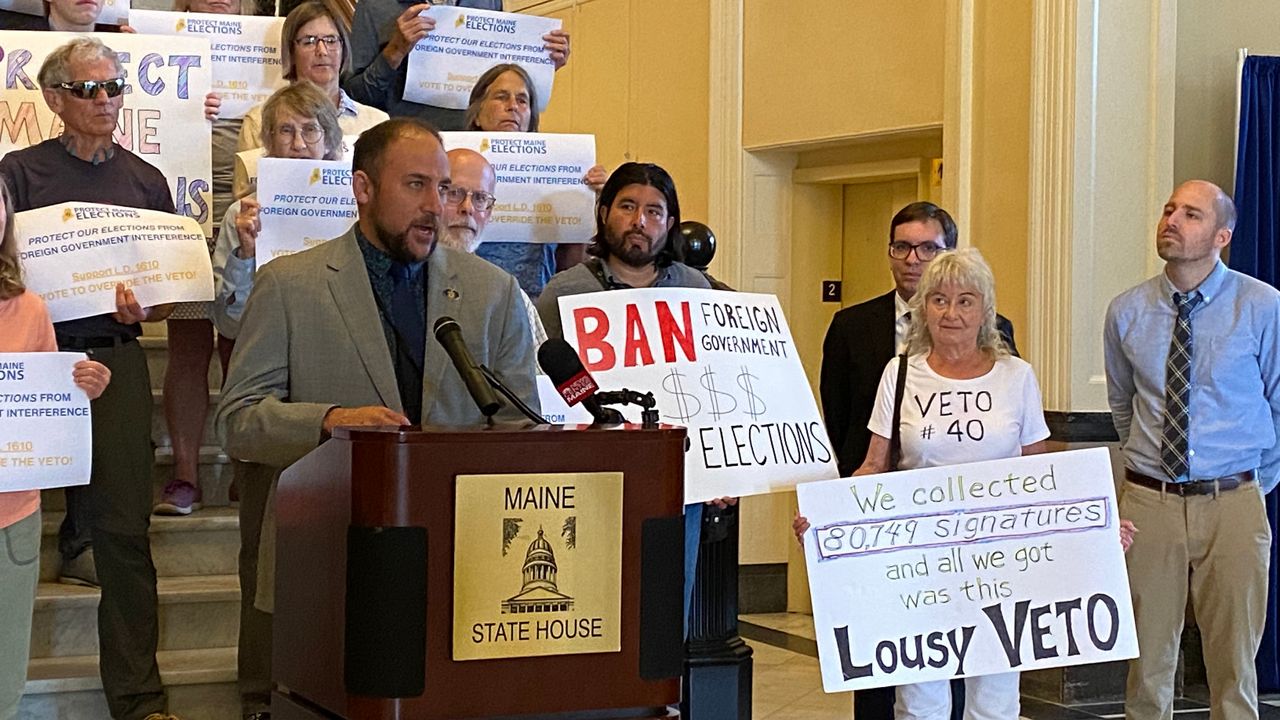A new law designed to prevent catalytic converter thefts set to go into effect next month will require the exhaust emission control devices to be marked with vehicle identification numbers to make them easier to trace.
The law is in response to an uptick in the thefts in recent years. The Secretary of State’s Office released information about the new law Monday to draw attention to the changes, which will take effect Aug. 8.
Earlier this year, Secretary of State Shenna Bellows told lawmakers a survey of 30 local law enforcement agencies found a spike in catalytic converter thefts since 2019. That year, there were 30 reported theft incidents – which could represent many stolen converters – a number that jumped to 367 last year.
And in August 2021, 10 people were arrested in Penobscot County when they were suspected of stealing more than 1,000 catalytic converters that police said would have cost more than $2 million to replace. The converters are made with precious metals, making them attractive to thieves, according to the Secretary of State’s Office.
“For victims of catalytic converter theft, this has been an infuriating trend,” Bellows said in a statement, noting that the Bureau of Motor Vehicles worked with law enforcement and others to come up with ways to prevent the thefts.
The new law will require new and used car dealers to engrave the full vehicle identification number on a catalytic converter unless the vehicle is sold at wholesale or if the converter is not clearly visible from the underside of the vehicle. It also requires recyclers to engrave or permanently mark either the VIN or the recycler’s license number and stock number.
In addition, recyclers who remove catalytic converters for final disposal must mark it with their license number and maintain a record of the converter and how it was disposed of. And private individuals who remove an unmarked catalytic converter from a vehicle, other than for maintenance or repair, must engrave or mark it with the full VIN.
“Anyone engaged in the sale or recycling of motor vehicles, or their parts, is encouraged to make themselves families with the new law,” Cathie Curtis, deputy secretary of state for the Bureau of Motor Vehicles, said. “Reliable transportation is vital in a rural state like Maine, so drivers need to know their vehicles won’t have essential components taken from them by bad actors — if we all work together we can minimize the risk.”







)

